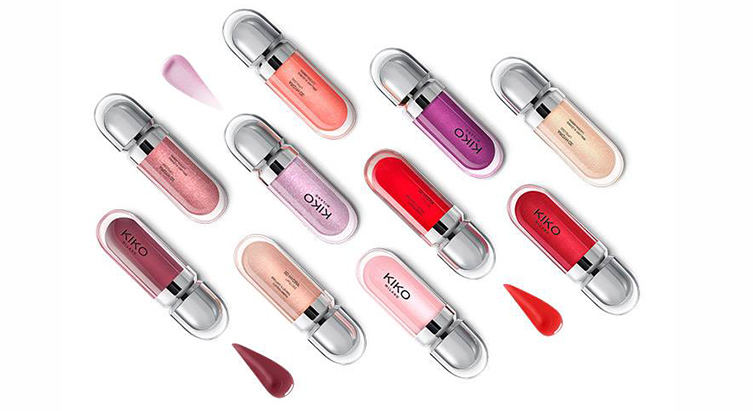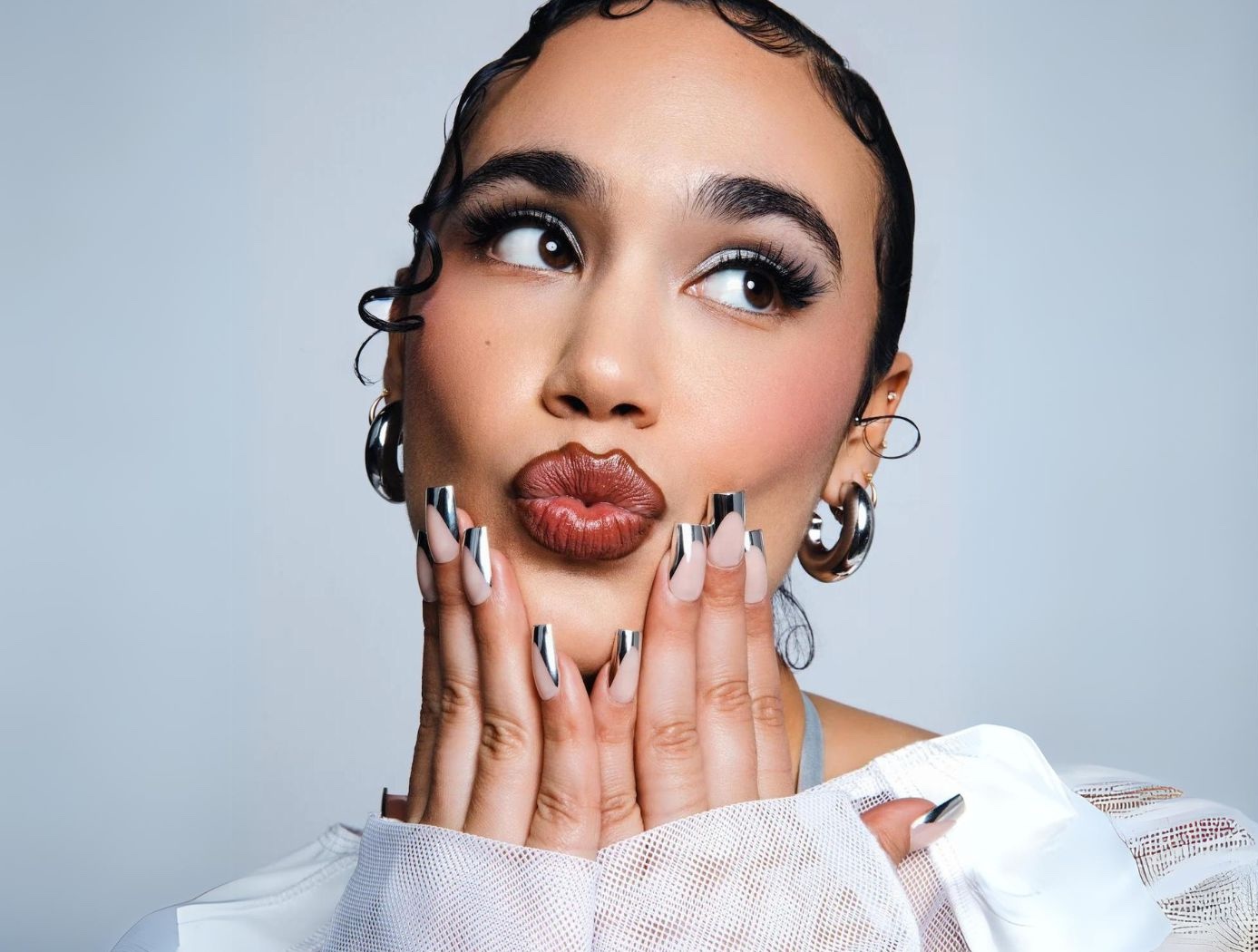Enterprising beauty brands are adopting agile, fast-fashion principles that resonate with Gen Z, the demographic that consists of selfie-obsessed tweens and teens who crave trendy, cheap beauty products. While established brands are rethinking their business models, a slew of enterprisers with agile business models are rising to the challenge, creating a new phenomenon, Fast Beauty.
The name applies the same principles as fast fashion: short trend cycles, speed to market, a huge range of products and highly affordable prices. However, while fast fashion brands such as Zara, H&M, Forever 21 and Uniqlo are highly trend-reactive and can turn out styles quickly, the beauty industry typically has longer innovation cycles, with an industry average of 12 months to 24 months. This hasn’t stopped brands such as e.l.f. Cosmetics, NYX, Kiko, and recently Etude House, the ‘NYX of Korea’ that just launched on Soko Glam, from crashing new products into the marketplace at record speed. They are focusing relentlessly on product innovation to feed consumers’ ever-changing tastes, and slashing product development lead times, in some cases, to as little as 20 weeks.
“Trends come and go, so it’s super important to us that you can keep up with this ever-changing industry without breaking the bank,” reads the website of fast beauty brand ColourPop. “You can try out the latest trends without serious commitment because our luxury formulas are priced for experimentation.”
E.l.f. Cosmetics is only the third beauty brand to launch an IPO this past decade, which it achieved last September. E.l.f’s ‘fast to mass’ translation of beauty trends, with a brand average lead-time of 27 weeks, and retail price points in the $2 to $3 range at Walmart, CVS and Target, is altering the beauty mass-market, which is traditionally less innovative than higher priced, premium brands. This is e.l.f’s sweet spot, enhanced by the brand’s reputation for launching products that go viral in record time, thanks to a highly engaged consumer base, and more than 100,000 reviews and product ratings on its website.
In addition to e-commerce and mass, e.l.f is also growing the number of its own retail stores across the country. In fact, vertical integration, defined as a business that owns its whole chain from supply to sales, is a hallmark of the fast beauty/ fast fashion model. In today’s world of accelerating trend cycles, maintaining greater control over inventory to capitalize on new trends is a key priority. And when products have a limited trend lifespan, combined with dwindling brand loyalty from Gen Z, fast beauty brands are poised to quickly rebrand and reposition existing products.
Kiko, a Milanese cosmetics brand, is applying fast-fashion principles, with its own stores and control over a nimble supply chain. Kiko’s constantly changing product assortment, finger on the pulse of fast-moving trends, cheap prices, and in-store makeup expertise, are setting it apart from more expensive specialty beauty stores. In fact, Kiko’s growth – revenues of 432 million euros ($464 million) as of December 2015 – is leading other brands to reconsider their business models, especially their supply chain.
Brands such as Benefit and L’Occitane are now putting greater emphasis on their own retail outlets rather than third-party retailers. Conglomerates are also eyeing fast beauty brands as hot acquisition prospects, such as L’Oréal’s purchase of NYX Cosmetics in 2014. Purchases such as these quickly enable established players to learn at close hand how younger players master today’s requirement to tighten their innovation pipelines and engage a young – and at times fickle –consumer base.




